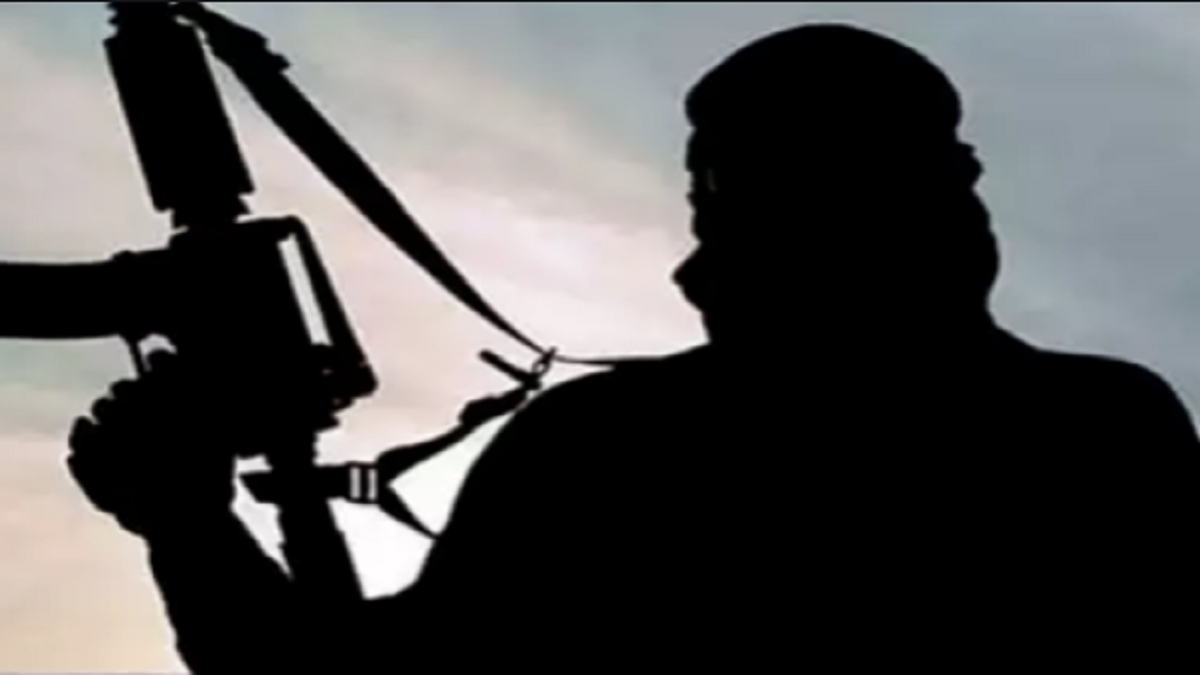


In what is being seen as a big diplomatic victory for India, the top security officials of seven countries on Wednesday shared the Modi government’s concern about terrorism in Afghanistan and terror camps operating in the adjoining region including that of Pakistan. The National Security Advisers (NSAs) of the seven countries not only endorsed India’s line on terrorism in Afghanistan during the third Regional Security Dialogue (RSD) but also expressed concern over the same during their meeting with Prime Minister Narendra Modi.
India hosted the third regional security dialogue on the evolving situation in Afghanistan under the chairmanship of NSA Ajit Doval. The NSAs and Secretaries of the National Security Councils of Iran, Kazakhstan, Kyrgyzstan, Russia, Tajikistan, Turkmenistan, India and Uzbekistan participated in the meeting.
The NSAs’ meet turned out to be a big diplomatic win for India for many reasons. One, the participating NSAs of Russia, Iran and five central Asian nations agreed with India on all the points that it has been raising from time to time in terms of terrorism in Afghanistan and cross border terrorism from Pakistan and deteriorating socio-economic condition in the country under the Taliban rule. Two, India also managed to convince the participating nations that the decision on giving recognition to the Taliban regime in Kabul should not be taken in haste. Three, India got the NSAs to send out a message to the Taliban that the humanitarian situation in the country under their rule is not satisfactory as of now. Four, the meeting of the high-level security officials from the significant nations helped India to consolidate its relevance further in Afghanistan after the Taliban take-over there. Pakistan and China skipped the meeting, which, MEA sources believe, is because of their fear of getting embarrassed during a discussion on Afghanistan where both the nations are working with not any good intention.
MEA sources told The Daily Guardian that India achieved what it wanted to, diplomatically in the third Regional Security Dialogue on Afghanistan. “We succeeded in giving a message to Pakistan on terrorism and interference in Afghanistan’s internal matters, and also to Taliban over how more needs to be done by them to improve the living condition of the people Afghanistan,” a diplomat said.
That the consensus emphasised on maintaining the territorial integrity of Afghanistan and was against interference from outside powers is a clear hint to Pakistan. There is no denying that Islamabad seeks strategic space in Kabul. Pakistan has demonstrably been exerting itself to expand its activities in Afghanistan since the Taliban took over the power in Kabul.
All the NSAs in one voice said that Afghanistan’s territory should not be used for sheltering, training, planning or financing any terrorist acts. They also expressed concern over the menace of radicalization, extremism, separatism and drug trafficking in the region. Indian officials see this part of the declaration as another strong message to Pakistan. Delhi has been raising the issue of Pakistan being involved in funding and sponsoring terror organisations on Afghan soil. External Affairs Minister S. Jaishankar has also pointed out on several occasions that there is a risk of Afghanistan being turned into a safe haven for terrorists, and the neighbouring country (read Pakistan) is conspiring to use it like that. The entire world saw how the Pakistan ISI chief spent a lot of time in Kabul after it fell to the Taliban. His visit was seen as part of Pakistan’s plan to influence the government formation in the trouble-torn nation.
In another significant statement reaffirming what India has been maintaining for long, the RSD held in New Delhi today concluded with a joint statement from the eight participating nations stressing the “the necessity of forming an open and truly inclusive government” in Afghanistan. “The top security officials of all the eight countries underlined the need for a strong support for a peaceful, secure and stable Afghanistan,” an official said. The leaders emphasised “the respect for sovereignty, unity and territorial integrity and non-interference in its internal affairs”. The Delhi Declaration on Afghanistan mentioned a truly inclusive government should be there that “represents the will of all the people of Afghanistan and has representation from all sections of their society, including major ethno-political forces in the country.”
The officials also expressed concern over the deteriorating socio-economic and humanitarian situation in Afghanistan and underlined the need to provide urgent humanitarian assistance to the people of Afghanistan. The importance of ensuring that the fundamental rights of women, children, and minority communities are not violated was also discussed in the meeting. The top security officials of the seven countries released a consensus document con the issue of Afghanistan. They condemned in the strongest terms all terrorist activities and reaffirmed their firm commitment to combat terrorism in all its forms and manifestations. Earlier, speaking during the meeting, NSA Ajit Doval said that the current situation in Afghanistan will have implications not only for the people of Afghanistan, but even for the security of its neighbours in the region. “This is a time for close consultation amongst us, greater cooperation and interaction and coordination amongst the regional countries. I am confident that our deliberation will be productive, useful and will contribute to helping the people of Afghanistan and will enhance our collective security,” Doval said.